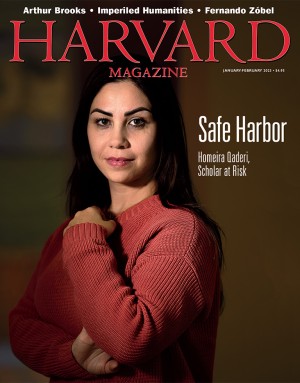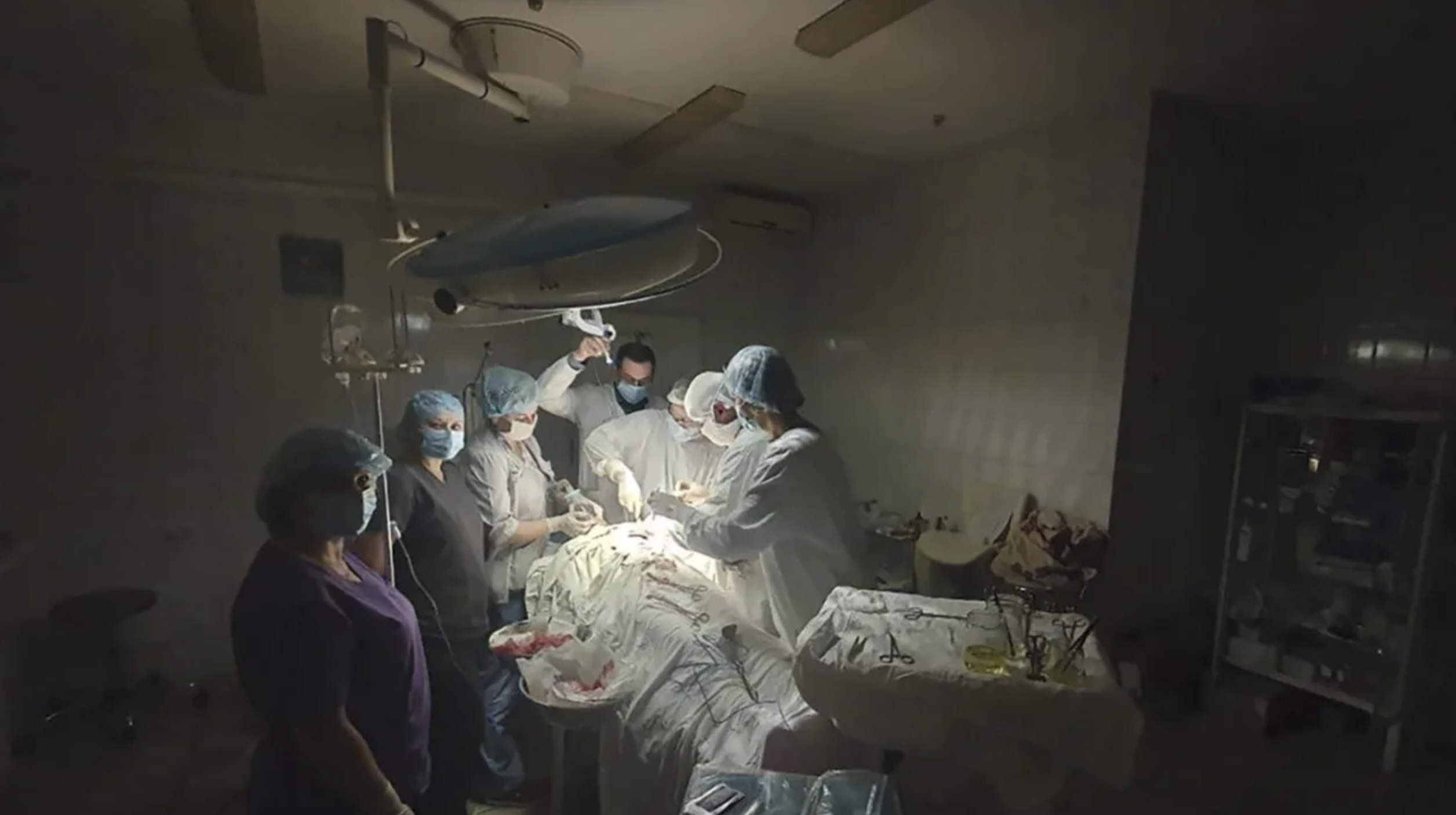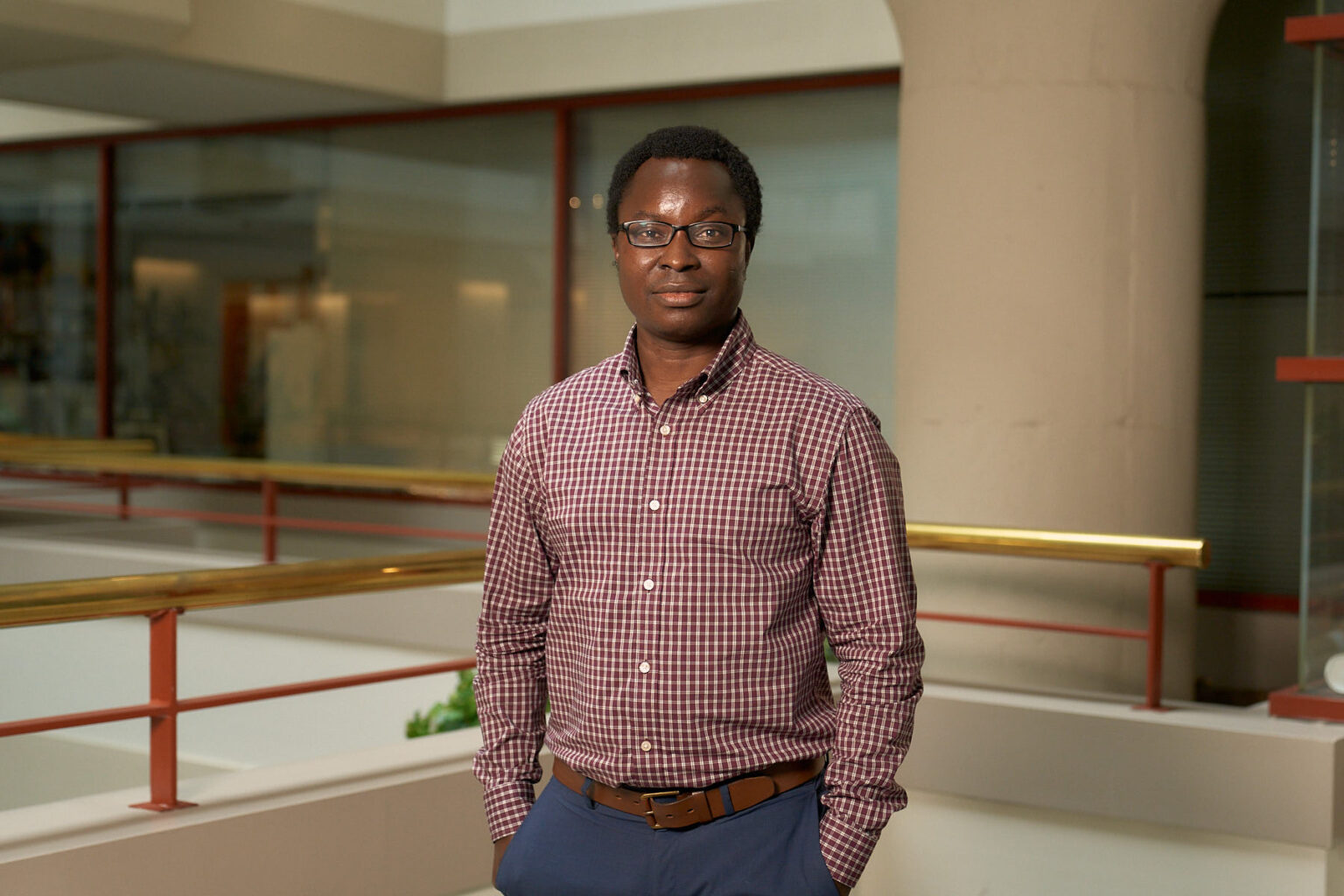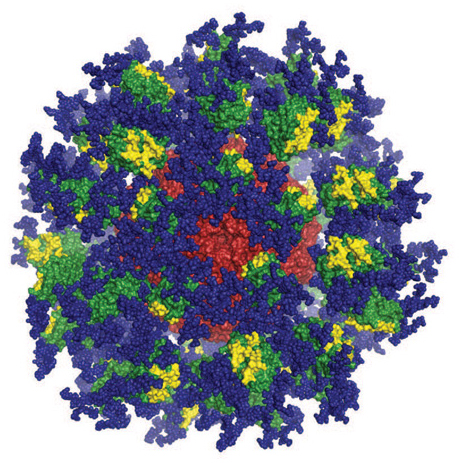UKRAINE has proved to be a different kind of emergency. Unlike Afghan scholars, for whom the threat is so dire that the only choice is to evacuate as many as possible, many Ukrainians prefer, at least for now, Jane Unrue says, to remain in their own country or nearby. Some of them have joined the fighting; others have loved ones in the war. Plus, “There are pathways for refugees in Europe, where they’re receiving support,” she says. This year, Harvard’s program has invited three Ukrainians so far—a mathematician, a comparative literature scholar, and a Crimean physician—along with another mathematician from Russia.
Ukraine’s ‘Dunkirk’ moment: Small NGOs need help to avert a humanitarian disaster
In 1940, less than a year into World War II, Germany forced Britain and its allies to retreat to the beaches of Dunkirk in France, where they were rapidly penned in. Britain immediately coordinated an evacuation of the allied armies across the English Channel — a response led not by gargantuan warships but by hundreds of privately owned “little ships” that could rescue troops on the beaches. It was a precise response to a desperate need.
Keystone Symposium selects Dr. Alagpulinsa for 2023 Fellows Program
David Alagpulinsa, PhD, Instructor in Medicine and Investigation at the MGH Vaccine and Immunotherapy Center (VIC) and Harvard Medical School, has been selected to participate in the 2023 Keystone Symposia Fellows Program. Commenting on his selection to the program, Dr. Alagpulinsa noted a previous encounter with Keystone Symposia: “Many years ago whilst studying for a master’s degree in Pharmacology in Ghana, I won a Keystone Symposia Global Health Travel Award to attend a Keystone Symposia conference in Banff, Canada. Attending this conference formed the genesis of my scientific career abroad; I felt left out by most of the science that was presented at the conference because I didn’t have the kind of training and expertise to fully understand. Prior to that, I didn’t have any interest in schooling abroad, but I suddenly developed a strong longing to pursue my doctorate degree abroad, specifically the US because most of the scientists I met were from there. Now, I’m here embarking on biomedical research that I’m passionate about, thanks to Keystone Symposia.”
Dr. Alagpulinsa’s current research at VIC focuses on defining the mechanisms that underlie abnormal bone marrow and hematopoietic stem cell function that may contribute to disease etiology, specifically type 1 diabetes and cardiovascular disease.
Expressing gratitude for his selection to participate in the Keystone Symposia Fellows program, Dr. Alagpulinsa comments that “This program aims to provide the necessary training, network, and skills for early-career scientists from diverse populations to take on leadership and decision-making roles in academia or industry and I’m looking forward to having a great experience.”
The Keystone Symposium has served the biomedical and life sciences community for more than 50 years, acting as a key connector between eminent scientists across academic, industry, and government disciplines to provide a space for cross-disciplinary discussion and collaboration that lead to scientific breakthroughs monumental to humankind. Through the Fellows Program, early-career scientists from underrepresented and disadvantaged backgrounds have access to unparalleled professional advancement opportunities including career-development workshops and related hands-on immersion experience, directly collaborating with distinguished scientists of the Scientific Advisory Board. The program focuses on accelerating the career development of selected scientists, generating a network to improve key skills necessary to pursue and achieve career goals.
Novel HIV vaccine approach shows promise in first-in-human clinical trial
Early findings from a publication between Scripps Research, IAVI, Dred Hutch, VRC, and other collaborators show encouraging results in hopes of boosting immunity against HIV. In the first- in-human test of the germline-testing strategy, the novel HIV vaccine approach showed promise, inducing broadly neutralizing antibodies (bnAbs), a rare antibody, previously indicated to protect against a wide range of HIV variants. Through the stimulation of the bnAb immune cells- precursor B cells, researchers have accomplished the first step to potential immunity against HIV.





